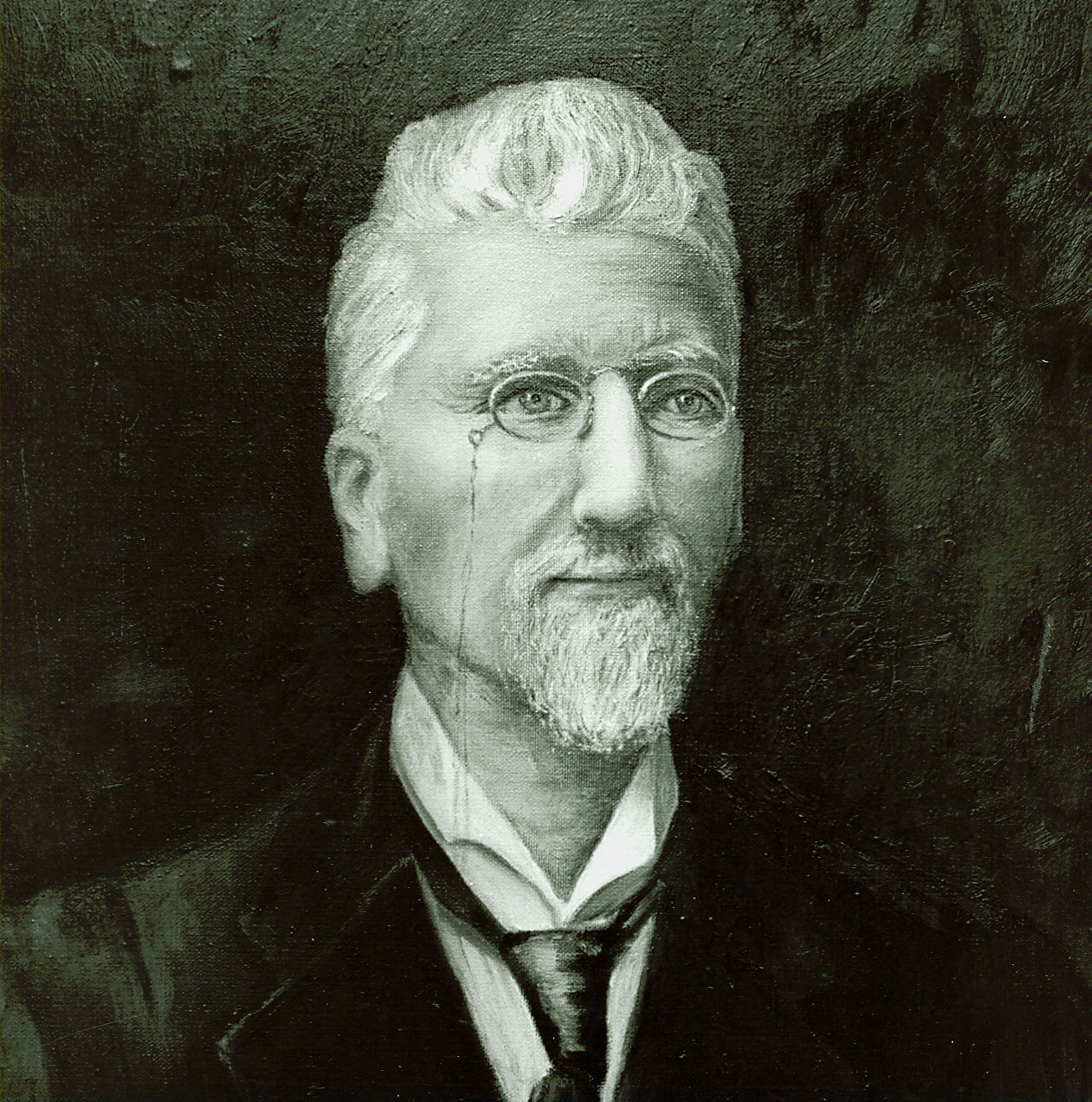John Howard Ford (1845-1921):
Charter Faculty and Acting President
|
John Howard Ford, eldest of three children born to John H. and Ruth A. Ford on December 6, 1845, originated on a farm near Mansfield Ohio. Ford’s nine-month enrollment in the Union Army during the last year of the Civil War briefly interrupted his academic education. Ford received his Bachelor and Master of Arts degrees from the liberal arts institution Oberlin College, located in Ohio. At Oberlin, Ford also joined the organization Phi Beta Kappa. The Union Christian College in Merom, Indiana appointed Ford as a professor in Greek Language and literature in 1872, and in 1874 he married Amanda Josephine Buff. Ford then resigned from the Union Christian College. Owing to his “eminently satisfactory”[1] services, however, the trustees initially refused to accept the resignation and instead granted Ford a one-year absence. After returning to the U.C.C. for a year, Ford then moved to Florida, where he engaged in citrus agriculture and served at Rollins College as an acting president, trustee, dean, and professor. He resigned his position at Rollins in 1901 to accept another at Piedmont College, which he held until his death; Ford died of arteriosclerosis in Demorest, Georgia on April 28, 1921, leaving behind four children: Ruth Curlet, Emma Gertrude, John Hubert, and Majorie Buff. Ford held
many different faculty positions at Rollins until 1901. Owing to the importance of preparatory education for college, Ford espoused a streamlined, efficient Florida educational system, with fewer (but better) buildings and teachers, graded levels of schooling (including high school), and encouraged the promotion of enthusiasm amongst students and pupils.[2] Ford expected college to “be reasonably easy to get into…but hard enough to get out with a degree.”[3] In addition to proposing educational reform, Ford acted as a “solicitor” for Rollins College, often traveling throughout Florida and issuing advertisements for the school. Also active in the community, he held a membership to the Congregational Association of Florida, which he joined in 1885. Ford’s publications included two articles, “Two Growing Ideas in Educational Plans,” and “Extracts from Addresses on Various Topics,” in addition to an address before the South Florida Conference entitled, “Church and College.” - Angelica Garcia |
||||
| Project Home | List of Names | Rollins Archives | Olin Library | Rollins College |
